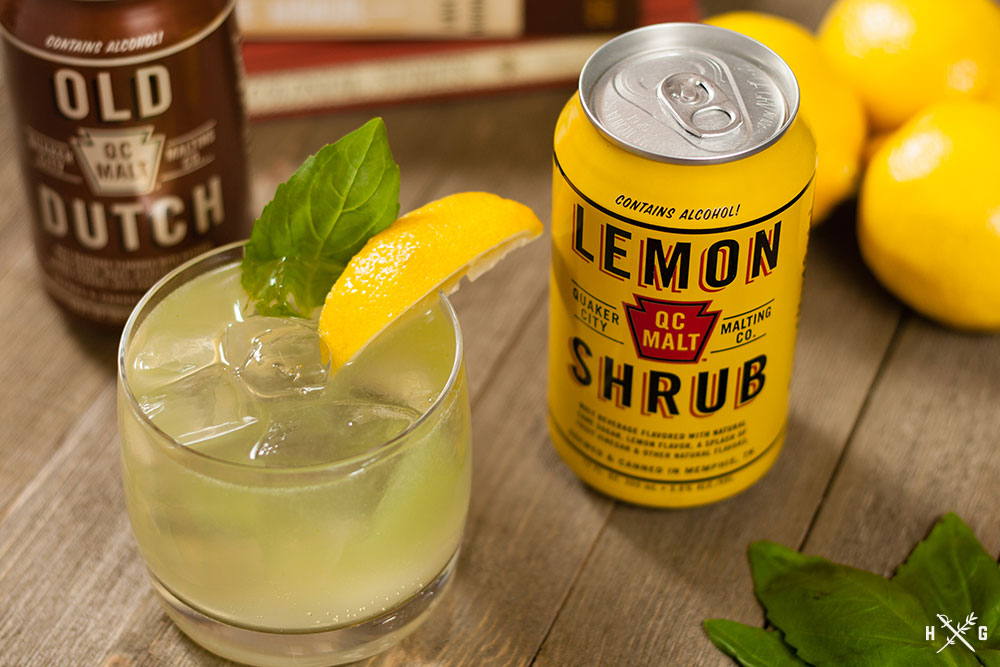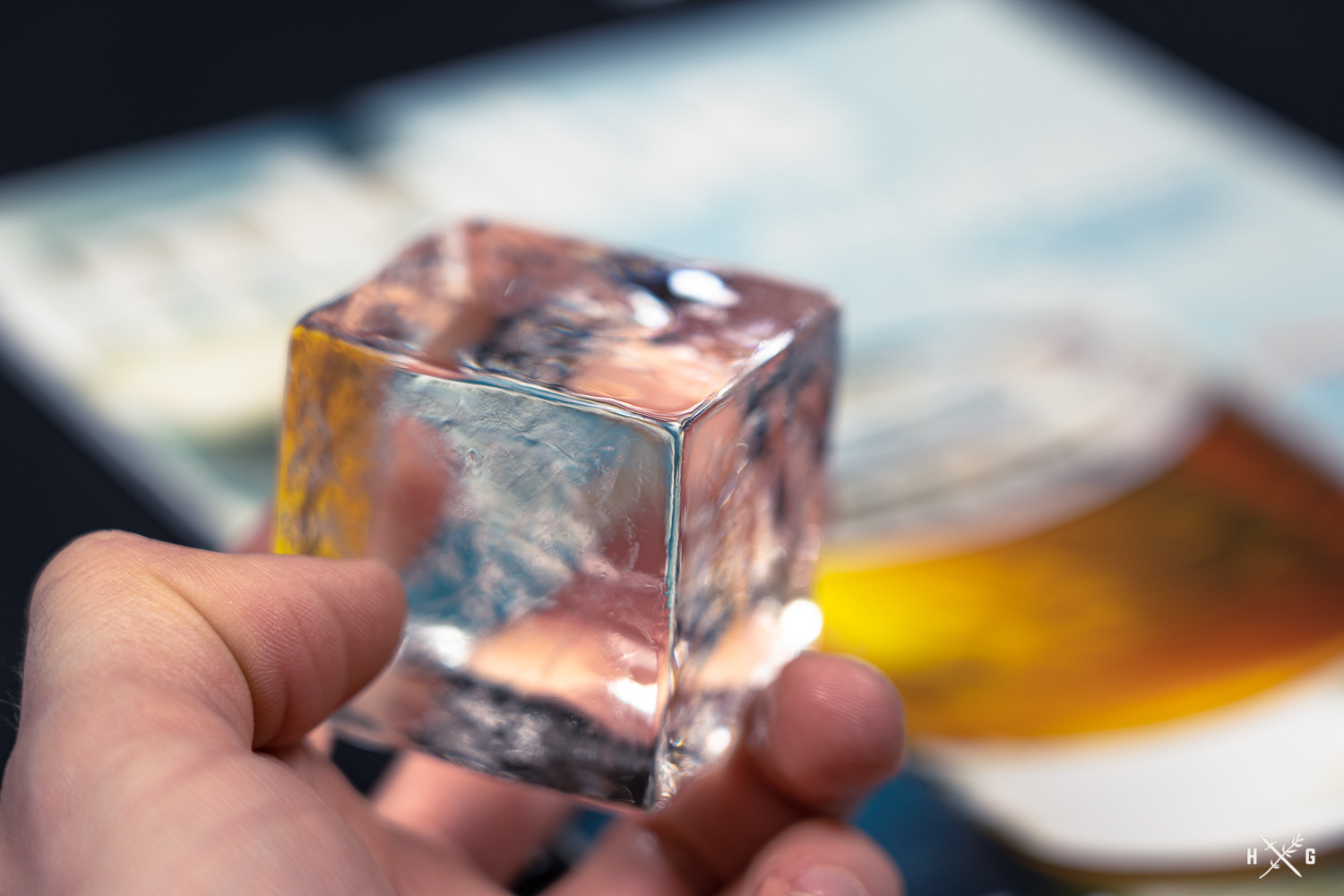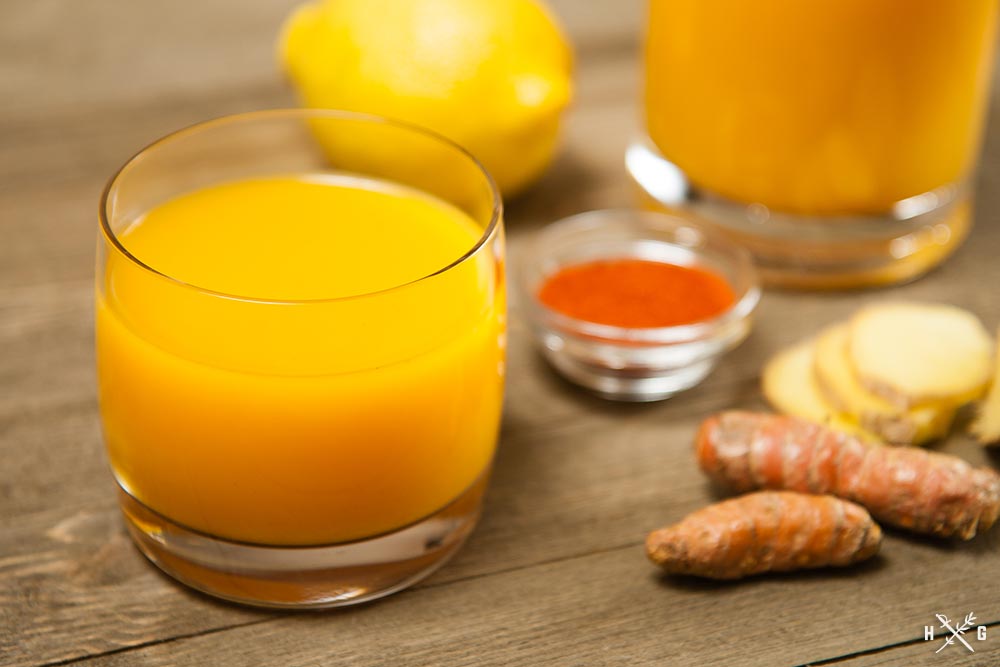The only market that comes to mind as being more saturated than hard soda is the small batch bitters market. Why anyone would get into either this late in the game is somewhat of a mystery, but, if I’m being honest, I’m always going to pick up the latest product on the shelf because of my curiosity and because someone is likely to ask me my opinion.
One of the latest entrants into the hard soda market is Quaker City Mercantile with their QC Malt. To understand why QC Malt decided to put a horse in the populated race of hard soda, first you need to understand their ethos. Quaker City Mercantile is the brainchild of Steven Grasse, and if that name sounds familiar, perhaps it’s because you’ve read his name in my post on Art In The Age’s ROOT or the feature on his Cherry Bounce Liqueur and latest book. The Art In The Age product lineup was the one that led me to discover Steven Grasse. It wasn’t until researching the brand that I learned he is also responsible for the gin that opened my eyes to the cocktail scene – Hendrick’s. He’s also behind Sailor Jerry, Guinness, Lo-Fi Aperitifs, Tamworth Distillery, and Milagro tequila to name a few.
So what does QC Malt bring to the table that hasn’t already been done? The first thing that I noticed that is consistent across all their brands is their insistence on using quality ingredients which are often based on historic recipes. Grasse’s Cherry Bounce Liqueur which he released through Tamworth Distilling is a prime example of finding inspiration in historic recipes. QC Malt follows the same trajectory and does not shy away from the fact that they are a malt beverage, which simply means it’s a product of malted barley. Rather than cover up that fact like many of the sugary malt beverages that college girls enjoy (Zima, Mike’s Hard Lemonade, etc..), QC Malt proudly claims it on the label. The initial releases from QC Malt are Lemon Shrub and Old Dutch (a birch beer), but there are plans to release more flavors in the future.
As someone who is accustomed to drinking cocktails and whiskey, I was looking forward to sampling these two products. I first tried the Lemon Shrub and found it to be a nice balance of acidity and sweetness with more complexity than lemonade. If you’re not familiar with shrubs, a shrub is a “drinking vinegar” that was historically made as a way to preserve the flavors of seasonal fruits. The use of shrubs in beverages was a precursor to soda. That said, Lemon Shrub isn’t a vinegary drink. The fruit vinegar provides some acidity and complexity. It’s not overbearingly sweet, but I wouldn’t want to drink more than one in a sitting. I experimented using it to create a cocktail and created something very similar to a gin basil smash, but carbonated. If using it as a building block for a cocktail, gin and vodka are the logical base spirits to add, and you’ll probably want to increase the acidity with some fresh lemon juice. I chose to add fresh basil and Green Chartreuse for some extra herbal notes.

As for the Old Dutch, I chose to enjoy it as it was. It has a very root beer-esque vibe as one would expect. Birch beer is made from the bark and sap of the birch tree. Different varieties of birch trees have different colors of saps which create a red, brown, blue, or clear end product. In contrast, root beer is made from a larger variety of spices with sassafras being the dominant one. If Grasse were to ever desire to create a root beer from an authentic colonial era recipe he’d have the government knocking on the brewery doors in no time. The component extracted from the sassafras tree root and stems is safrole, and is classified by the U.S. government as a Schedule I precursor for the manufacturing of MDMA (ecstasy). Some markets may be ready for cannabis cocktails, but I’m not sure any are prepared for hard root beer with a dash of MDMA.
I shared QC Malt with several friends to ask their opinion and the one thing that was common amongst them was an uncertainty of what exactly the product is. After explaining what a malt beverage is I then had to explain shrubs and the difference between birch beer and root beer. Their opinions of the product were mixed, but I think it was because they had varying expectations. My beer drinking friends seemed to be disappointed that the Old Dutch birch beer didn’t taste like beer, and my generally teetotaling friends were slightly disappointed that it didn’t taste like root beer. I think that QC Malt is a great product, but in my estimation their target market may be pushed away by their own branding. That target market may not know what a shrub is or what to expect from a birch beer.
However, if you like birch beer and herbal lemon soda, and if you enjoy alcohol, you’re going to enjoy either of these QC Malts. As much as I appreciate cocktails, whiskey, and discussing the nitty gritty details of each, sometimes you just need to check out mentally and not approach every beverage like a certified somm. Sometimes you just need something you can rely on, and the simplicity of QC Malts provides that.
[divider type=”double-dotted” color=”gray”]
Additional Resources:
Quaker City Mercantile
QC Malt
Instagram – QC Malt
Facebook – QC Malt
Twitter – QC Malt
Livestrong – Sarsaparilla vs. Root Beer
What’s The Difference Between Root Beer, Sarsaparilla, and Birch Beer?
Wikipedia – Birch Beer
Wikipedia – Sassafras
Sassafras, An Illegal Substance That Grows Wild In Our Back Yards
I created The Humble Garnish because I’m passionate about cocktails. Occasionally, I am provided with products for review or other perks. Many product links on this site are affiliate links that give me a very small kickback, and costs the buyer nothing extra. For example, as an Amazon Associate, I earn from qualifying purchases after a link leading to Amazon is clicked. Other links may earn me affiliate commissions as well. This helps offset the cost of creating content for the site – things like camera gear, software, alcohol, glassware. I have at times accepted and at other times declined free products. I promote what I love and use, and rarely will write about a product that I don’t appreciate or own. If I don’t like a product or service, I often simply choose not to write about it.
– Andrew



